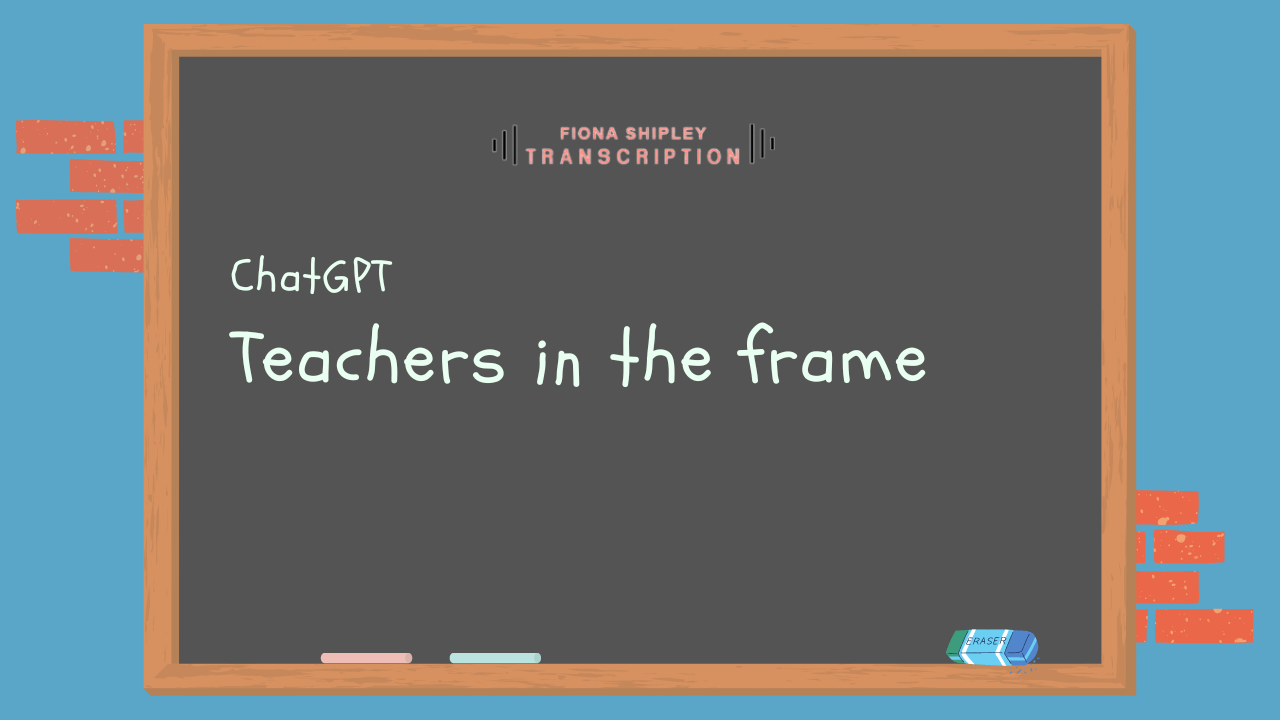It’s that time of year again… GCSE and A Level students are about to embark on the stressful exam period where their revision efforts (or lack of!) will be tested by formal exams. In the lead up to the exam period I’ve come across a number of articles talking about ChatGPT and the extensive lengths schools, colleges and universities have gone to, to ensure students haven’t cheated in any coursework by using ChatGPT.
This time though, the tables appear to have turned – and teachers are being called out for their use of AI to make their own lives easier…
According to this article in the Metro, over 1,000 primary and secondary school teachers have signed up to use Real Fast Reports, a software that creates a ‘totally personalised and unique’ report for each pupil at the touch of a button. Launched by two former teachers, Peter Gravell and Angela Newton, the software claims to produce reports with a ‘personal touch’ for just £10 a year.
Is there a place for ChatGPT in any job?
While we won’t enter into a debate about whether it’s suitable or not for teachers to use AI in this way, it has got us thinking about other roles, and if the use of ChatGPT or AI is ever acceptable or indeed welcome to replace some tasks within a role.
And it seems we’re not alone in wondering this: what will the impact of AI be on the employment market of the future?
Apparently about 19% of workers could see at least 50% of their tasks impacted – but in fact most roles as we know them are thought to have a very real risk of some exposure to AI.
Roles found to be 100% exposed to having their task impacted were:
- Mathematicians
- Tax Preparers
- Financial Quantitative Analysts
- Writers and Authors
- Web and Digital Interface Designers
But don’t worry too much – being exposed doesn’t mean that the tasks can be fully automated by these technologies, rendering the role obsolete. It just means it’s estimated that AI could save workers “a significant amount of time completing a large share of their tasks”.
Would this lead to greater productivity?
Instead of viewing this exposure as a threat, would there be some benefits to it? We wonder if the fact that the burden of some tasks could be taken by AI would mean humans have more time to spend on those tasks that can’t be replaced by machines… it would provide the opportunity to get more done, increase productivity. And there’s also the prospect of a whole range of new jobs that we haven’t even thought of yet that could emerge as AI grows in use. Employment has always evolved as humans have evolved – and there’s no reason why when it comes to AI, this will be any different.
So perhaps we need to think of AI as more of an enhancement tool, rather than a job replacement fear…
What do you think?!

